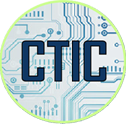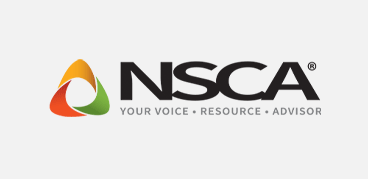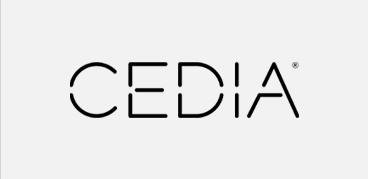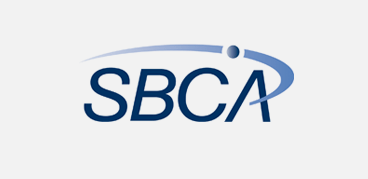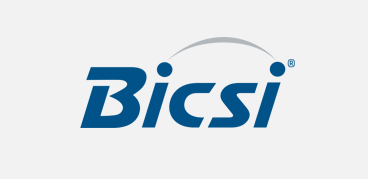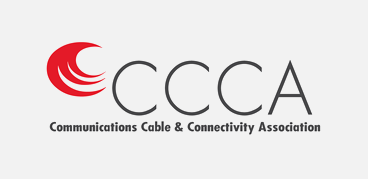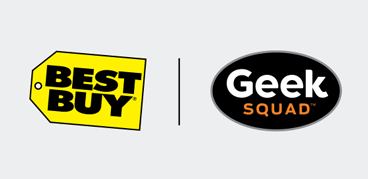WORKFORCE DEVELOPMENT TO SUPPORT FUTURE INNOVATION
Systems integrators have an immense impact on the productivity of businesses and lifestyles of consumers. They are the architects of connected technology for communications, audio-visual, networking, security, and life safety systems throughout hospitals, schools, government buildings, residences, and retail spaces.
As the market for "Internet of Things" (IoT) and connected technology expands, the qualified workforce needed to design, install, integrate, program, and automate these systems becomes paramount for businesses and consumers.
A Shortage of Qualified People to Power the "Internet of Things"
The tremendous expansion of integrated systems has put significant pressure on businesses seeking qualified people to fill needed job openings (there are more than 10.3 million available jobs in the private sector through April 2022).
On top of this, total employment at the end of 2021 was still 3.3 million less than prepandemic levels at the end of 2019. These figures point to a serious problem between workforce supply and demand that require legislative and regulatory solutions.
HOW YOU
CAN HELP
Legislation to Support System Integration
The Connected Technology Consortium supports bi-partisan legislation that will facilitate workforce development in all sectors of the workforce through several tangible legislative solutions. This consortium is dedicated to working with state legislatures to support systems integrators and the need for:
Simplify occupational licensing laws based on scope of work for trades or professions
Uniform licensing for trades and professions among states to create better workforce mobility
Advocate for technical training focusing on emerging technologies that utilize Class 2 and 3 circuits
Eliminate unnecessary barriers to entry in the workforce
LIMITED ENERGY INTEGRATORS
VS TRADITIONAL ELECTRICIANS
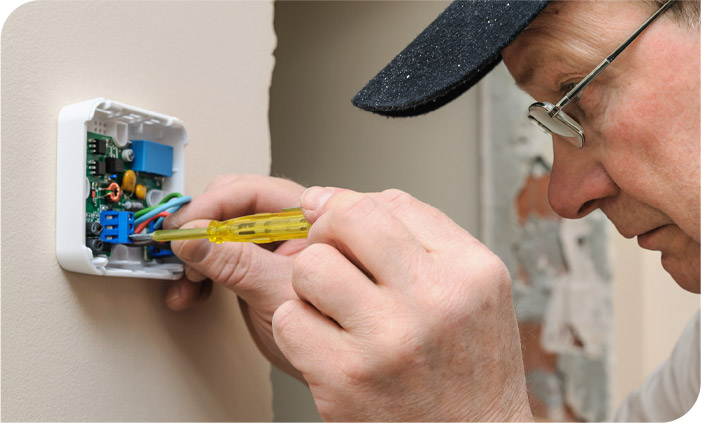
Limited Energy Integrators
- Design, install, repair, or maintain systems that cannot expose a person to a lethal shock hazard even if a wiring fault occurs
- Install and configure home and commercial automation controls, touchscreens, keypads, audio, video, communication, entertainment, and security systems
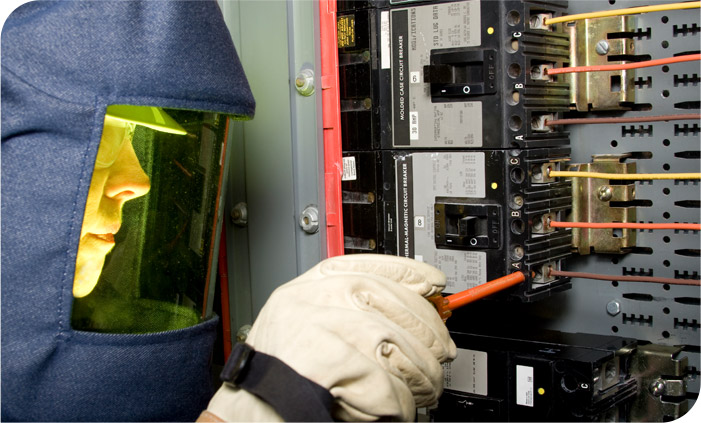
Traditional Electricians
- Deliver systems that if a wiring fault occurs, a fire could start, and a person could be exposed to a potentially lethal shock hazard (electrocution)
- Install and configure light switches, power outlets, and circuit breakers
Limited energy integration systems continue to grow and evolve. You may be familiar with the term "low-voltage," however limited energy is more appropriate terminology because it addresses fire and shock safety concerns. Our members and their employees design, install, and maintain everything from access control, security devices, networking, automation functionality, entertainment systems, and integrated subsystems such as lighting and HVAC.
WHY THESE DIFFERENCES MATTER...
Failure to distinguish the qualitative differences of training and expertise between electricians and limited energy integrators in statutes creates unnecessary barriers to entry, exacerbates workforce shortages, and drives up costs for consumers and businesses. Rapid technological advances in the industry have left some states with outdated licensing statutes that do not reflect current consumer and industry needs.
We urge state legislatures to recognize the differences between electricians and limited energy integrators and acknowledge the unique underlying technology considerations, relevant safety profile of the equipment, and the qualifications of electronic systems professionals.
MODEL LANGUAGE FOR EXEMPTION FROM ELECTRICAL LICENSING:
The provisions of this (electrical licensing) legislation shall not apply to: A person who is engaged in the design, installation, erection, repair, maintenance, or alteration of Class 2 or Class 3 remote control, signaling, or power-limited circuits, optical fiber cables or other cabling, or communications circuits, including raceways, as defined in the current edition of National Electrical Code for voice, video, audio, or data signals in residential or commercial premises.
SUPPORTING ALL ASPECTS OF CONSUMER'S LIVES
New technology has increased consumer demand for technology in homes and businesses. Limited Energy Integrators specialize in designing and installing advanced technology for voice, data, audio, security, life safety, access control, and video systems through non-fire hazard, power limited circuits including power over ethernet (PoE) that do not present a shock or fire hazard.
Government
Homes
Hospitals
Offices
Retail
Schools
Apartments
Commercial
Today's technologically advanced systems require well-trained electronic systems professionals who understand how to install and integrate these systems to work in conjunction with each other. They do not, however, require the same level of electrical training or licensing as traditional electricians.
CONTACT THE CTIC TO LEARN MORE
Have a question about the CTIC and our work supporting limited energy systems integrators?
Please call the office or use the form below to send us an email. Please try to be as detailed as possible so we can provide you with the proper information when replying. All required fields are marked with an asterisk (*).

123 Main Road
Washington, DC 02020
Office: (202) 555-1212
© 2026 CONNECTED TECHNOLOGY INDUSTRY CONSORTIUM Terms of Use | Privacy Policy | Accessibility Statement
